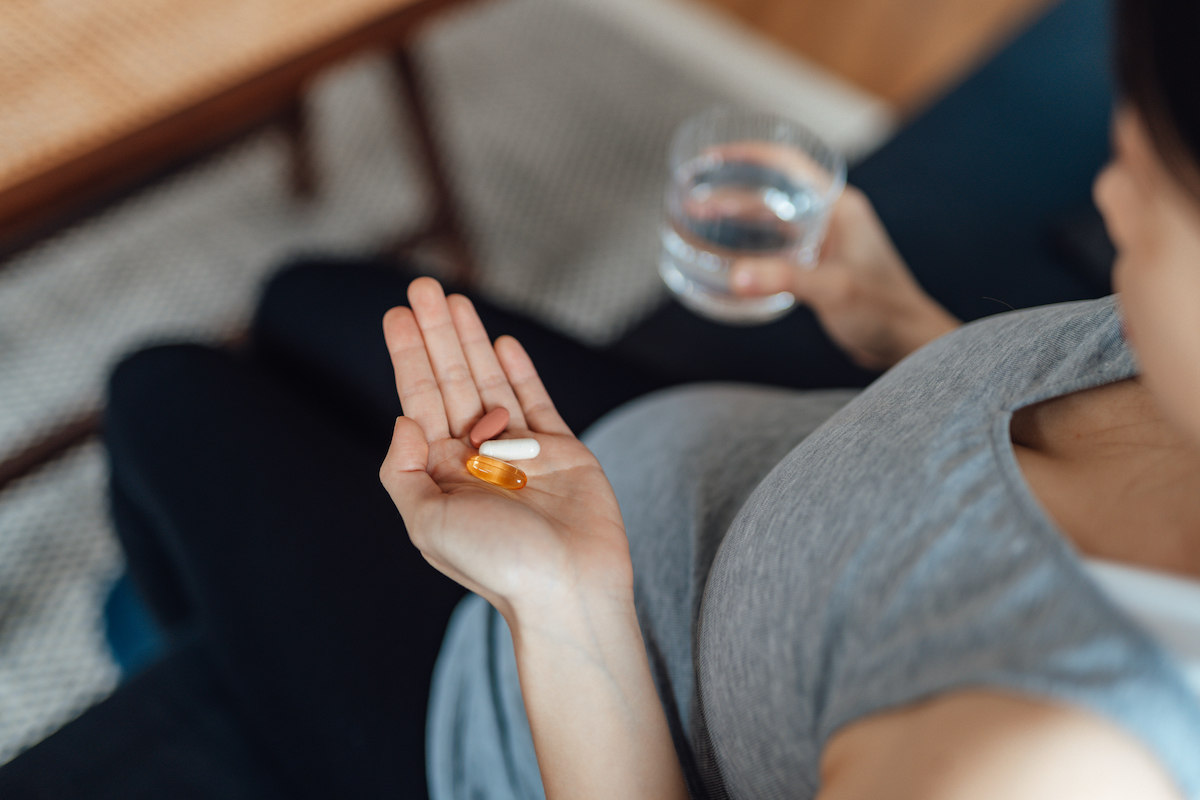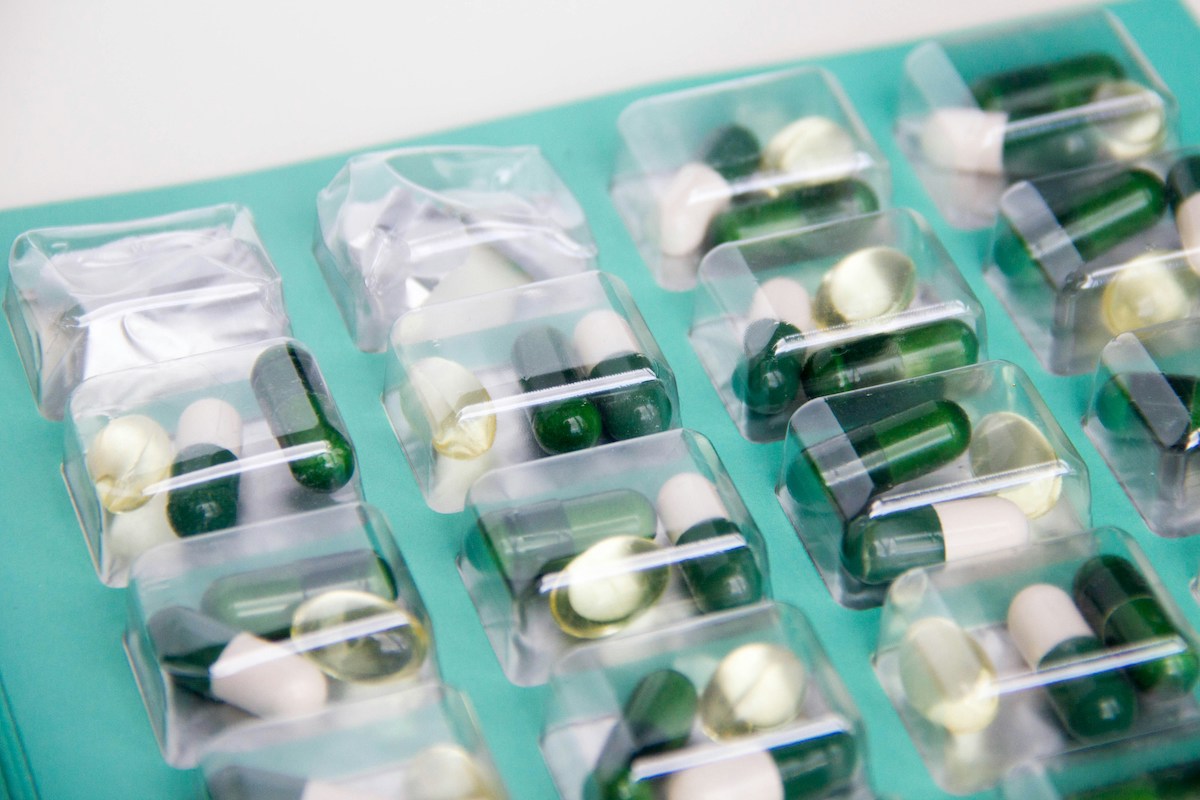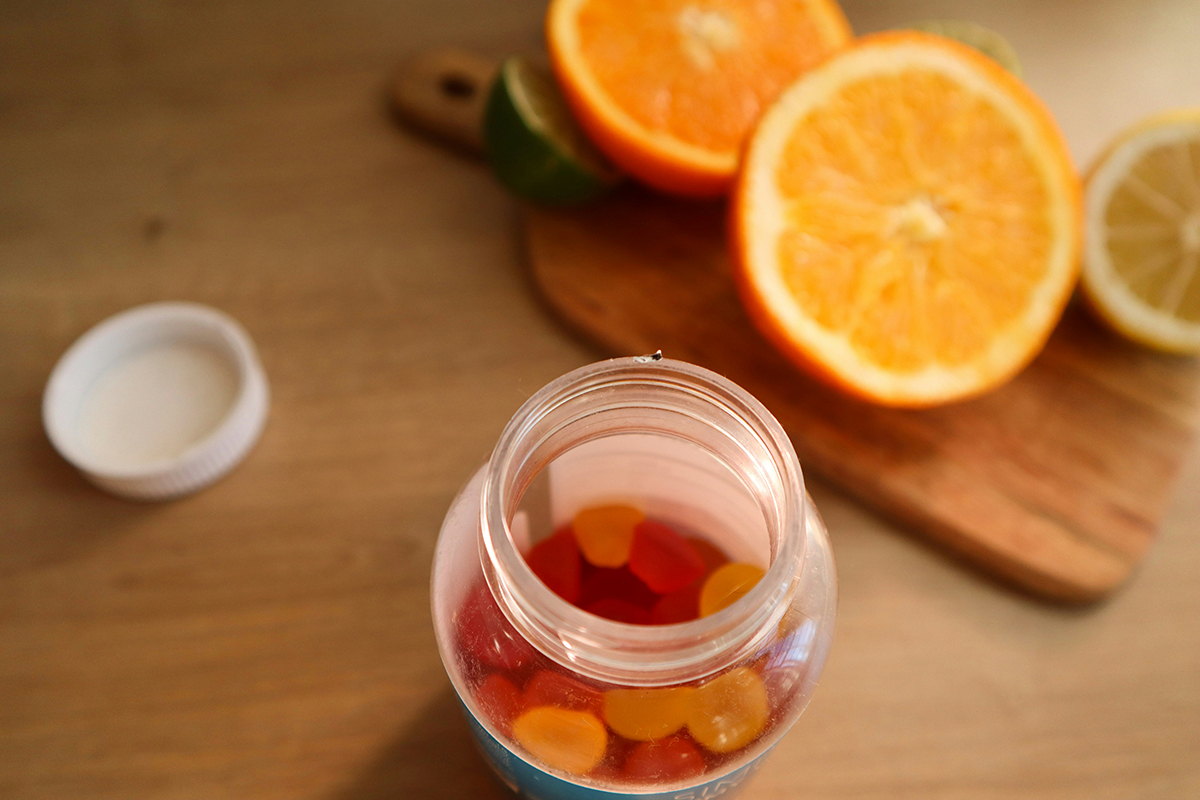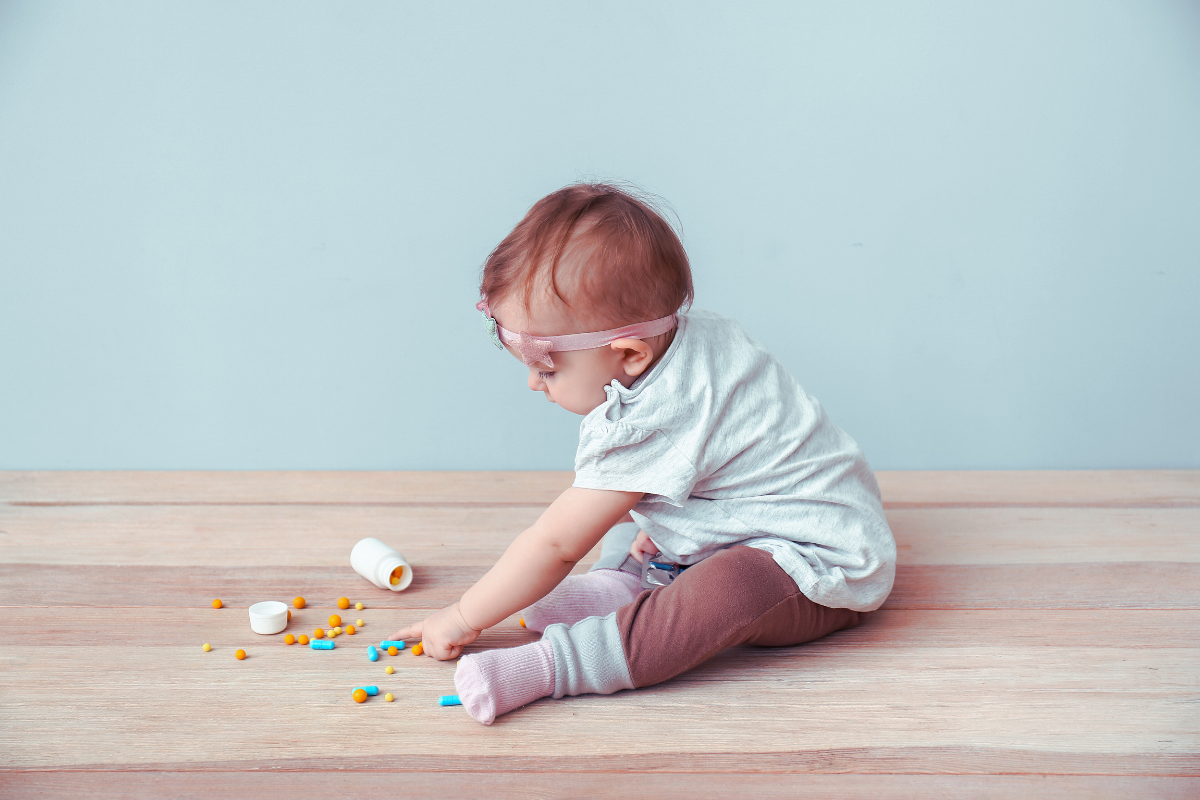I exclusively breastfeed my baby. Do I need to give her vitamin D drops? I always thought that breast milk had everything babies need for their nutrition, so I was surprised to hear from our pediatrician that we should be giving her drops. I’m also not sure how long I’ll exclusively breastfeed for and am considering adding in a few bottles of formula. Will I need to give her drops then too?
—Confused!
“Confused” is a good sign-off here, as this is confusing. The combination of “breast milk is best and provides everything your baby needs” directly conflicts with “oh, except this supplement!” It also leads one to wonder — why would evolution design breast milk without it?
The short answer is that humans generally make vitamin D from sunlight. On an evolutionary timescale, babies were outside a lot, and that exposure was enough to produce the vitamin D levels we need. Breast milk did not need to evolve to have high vitamin D levels.

In the modern era, we are outside less often. Babies in particular may have fairly infrequent sun exposure. This is even more true for those of us who live in temperate climates. The result is that babies may have lower vitamin D levels than doctors think is optimal. Formula contains vitamin D, but since breast milk does not, the suggestion is that parents supplement.
What happens if we do not have sufficient vitamin D? In extreme cases, vitamin D deficiency in babies and children can lead to rickets, which causes bone deformities. This is a more significant problem in settings where children are malnourished. In the U.S. at the moment, cases of rickets are extremely rare. When it does occur, rickets appears mostly in infants who were breastfed and did not use vitamin D supplements. One 2004 paper tried to identify all case reports of rickets from 1986 to 2003; the authors found 166 cases (again, very rare, given the approximately 68 million births in this time period). They found that almost all affected infants were breastfed.
Therefore, vitamin D drops are recommended for breastfed infants. An alternative is for mom to take a very high vitamin D dose, although the drops are generally easier. As should be clear from the above discussion, there are theoretical reasons for this, and there are no downsides. Considering how rare serious vitamin D deficiency is, if you’ve missed a few days or weeks of drops, it isn’t something to panic about, especially if you’re already planning to add in formula.
















Log in
What are the recommendations after 12 months for a toddler who is barely drinking any cow’s milk?
How much is a ‘very large’ dose for mum? A jaundice sister told me my supplementation was enough.
I am wondering the same thing and can’t seem to get a clear answer.
Can’t confirm the data source but I’ve read in at least two different places that 6400 IU daily is sufficient, so that’s what I’m doing instead of drops.
My lactation consultant recommended 7000IU of vitamin D to avoid supplementation for baby.